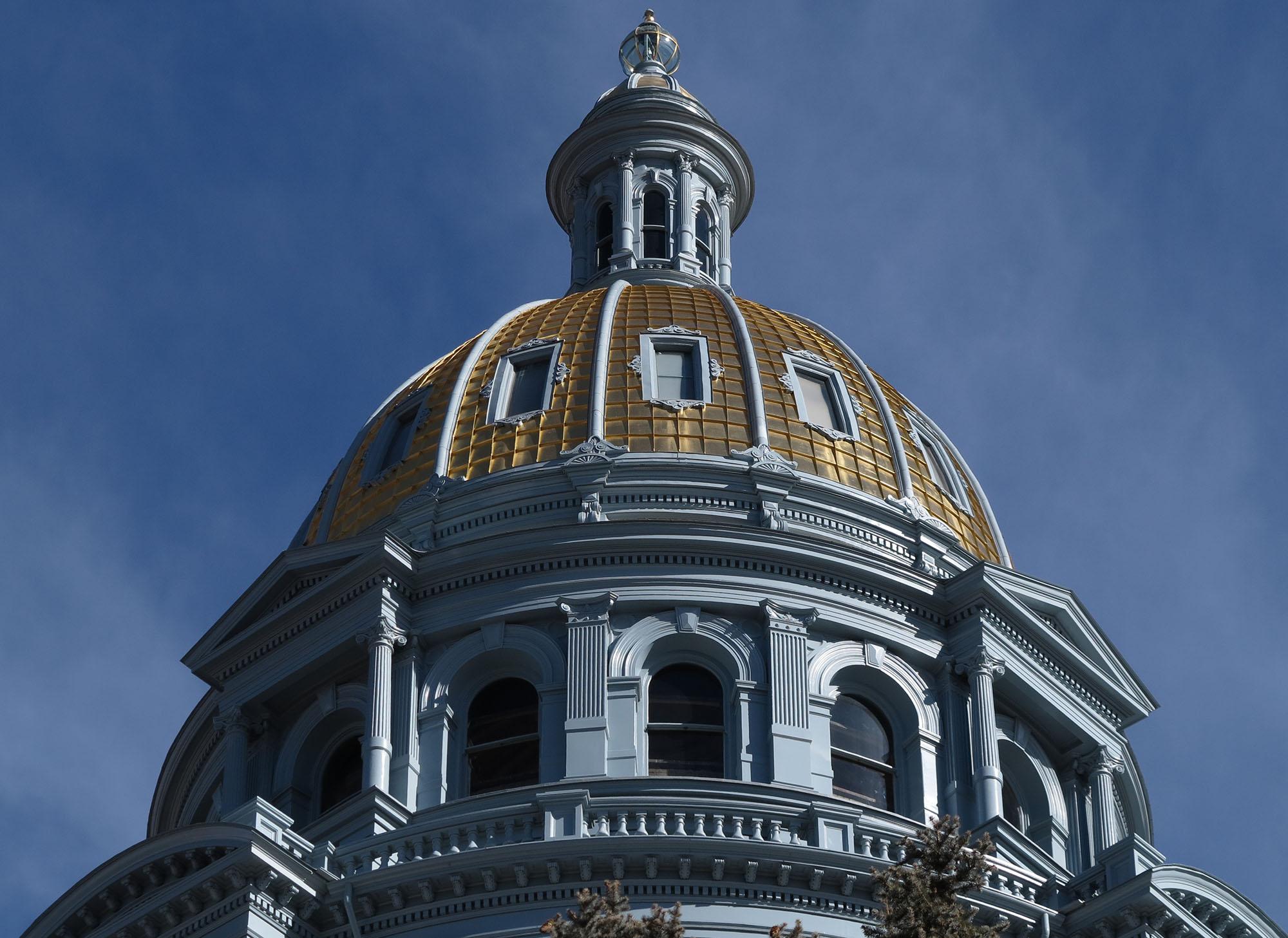
After several years of swift spending increases, Colorado laws are putting brakes on next year's budget.
The discretionary portion of the state budget will rise a little less than 1 percent in the fiscal year that starts July 1, 2016, to just over $10 billion. But that won’t keep up with increasing demands on state finances. Budget writers estimate the state will be $373 million shy of being able to cover required increases in education and Medicaid, while also maintaining the 6.5 percent reserve fund and paying out TABOR-mandated taxpayer refunds.
To fill the shortfall, the governor’s proposed increase for K-12 education is $50 million less the state constitution requires. Higher education faces a cut of $20 million. State employees will see their salaries remain flat. New construction projects and most routine maintenance on state facilities will be delayed.
"I think we have enough in here to make a lot of people upset," said the governor's budget chief, Henry Sobanet.
Hickenlooper is also proposing to reduce something called the Hospital Provider Fee by $100 million. The state collects this money from hospitals and uses it to qualify for federal funds to offset the cost of covering uninsured patients. The change means healthcare providers will end up losing out on $200 million in government assistance. But through Colorado's complicated accounting rules, it will also free up $100 million the state can spend on other areas.
There are a few new areas of spending in the budget, though. State law requires Colorado devote $107.4 million to transportation projects next year. And the budget includes small increases for more child welfare and youth corrections workers.
Colorado economy has been growing more slowly in recent months but is still considered one of the healthiest in the nation. Sobanet says tax revenues are taking a bit of a hit from the slowdown, but that the main financial squeeze is really the product of conflicting laws that mandate spending increases in some areas while limiting the overall budget. Among those are the Taxpayer's Bill of Rights, which caps state spending growth, and Amendment 23, which requires education funding keep pace with student enrollment growth and inflation.
"We have a lot of rules and many of them are old, decades old, and they aren’t integrated. And only some things are in the control of the General Assembly," said Sobanet. He summed up the situation as: "good economy, bad budget."
Hickenlooper and legislative Democrats have been agitating for larger law changes, either through law or ballot measures, to cut through what the governor has taken to calling the "fiscal thicket."
In a statement Monday, House Speaker Dickey Lee Hullinghorst repeated that theme: “It’s galling to have to consider budget cuts at a time when we ought to have enough money to at least maintain the existing level of services. Thankfully, there are short- and long-term options available to the Legislature that would allow us to avoid these cuts, and I look forward to working in a bipartisan fashion with my colleagues in the Legislature next session to do just that.”
Senate Republicans, however, defended Colorado's spending caps and argued that next year's tight budget is the result of past budget excesses, such as decisions to expand Medicaid coverage.
Sen. Kent Lambert, R-Colorado Springs, chair of the Legislature’s budget committee, suggested he may look outside of Hickenlooper's proposals to find places to cut, including potentially in some economic development programs touted by the governor, like film incentives and tourism promotion.
"Which is more important?" asked Lambert. "We have to measure some of these things. If we cut these things, how is it going to affect K-12 education, how is it going to affect higher education?"
The budget committee will start considering the governor’s spending proposal later this month.









